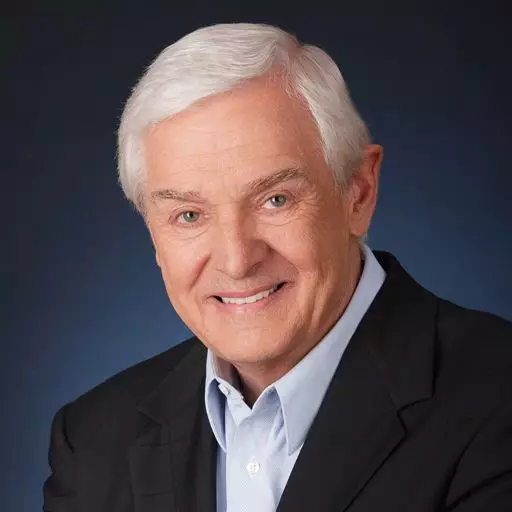Next to the Bible itself, few documents are as hallowed and compelling as letters sent by missionaries of old describing their work. The tradition of missionary letters goes all the way back to the apostle Paul and his famous epistles. Missionary biographies abound with correspondence and stories that motivate us to greater service.
Few of us are called to vocational missionary service in the usual sense of the term, but the word missionary simply means someone charged with the mission of Christ—and that includes all of us who know Him. In His Great Commission, Jesus was appointing each of us to bear His name and advance His cause.
Purpose, You Know
Perhaps you’ve had occasion in the past to question your purpose on earth. Everyone needs a reason for living. Many people find that the most rewarding role in their life is that of a parent—raising their children to love God, be people of character, and assets to their community.
Raising our children and being a good parent provides a great purpose in life. But what if we don’t have children? What happens when our children are gone? Isn’t there a larger purpose that encompasses parenting and every other area of life?
It’s to be God’s missionary to this world. To walk through life with a clear conviction that “we are God’s workmanship, created in Christ Jesus to do good works, which God prepared in advance for us to do” (Ephesians 2:10, NIV).
That doesn’t automatically require a passport. In whatever country or city we’re in, we can support, pray for, and engage in missionary activity; and our witness will bear fruit. We never know how far our shadow falls when backed by the sunbeams of grace.
David Brainerd, for example, was an orphan who dedicated himself fully to Jesus Christ at age twenty-one. He enrolled in Yale University, but was expelled for criticizing his tutor. He tried to get back in, but the school wouldn’t allow it. He developed a burden for the Native Americans in New England and determined to do what he could to meet their needs and share the Gospel with them. He worked so sacrificially that he wore himself out, developed tuberculosis, and died at age twenty-nine. During his life, he saw only a small handful of converts.
But another man, Jonathan Edwards, was so deeply moved by Brainerd’s life that his passion was stirred, his prayer life was deepened, and his ministry was inflamed. That led to the Great Awakening, which turned America from infidelity and secularism to Christ.
In England, a man named William Carey read Brainerd’s story and dedicated himself to go to India, launching the modern missionary movement.
Henry Martyn read the life of Brainerd and devoted himself to an illustrious career of missionary endeavor in India. In Scotland, Robert Murray McCheyne read the story of Brainerd, and his prayers and sermons brought national revival to the land. Robert Moffat and David Livingstone read Brainerd’s story and were so moved they devoted their lives to African missions. In the twentieth century, Jim Elliot read Brainerd’s story and was compelled to reach the Auca Indians of Ecuador. And today at Yale University, there is a wing of the divinity school named for Brainerd—the only building on the Yale campus named for a student who was expelled.[1]
Ordinary People
We may not see many direct conversions from our missionary service, but as we walk through this world with purpose, God promises to use us. Our influence is magnified by unseen spiritual forces that work through ensuing days, years, and even centuries.
When we do that collectively, it’s called a church. The church of Peter and Paul’s day was young, imperfect, and often immature. Sometimes the members got disgruntled with each other, and most of the congregations had struggles. That’s why the apostles were always writing to them. But they had a missionary passion, and the Gospel spread like wildfire despite persecution.
That is God’s method. He doesn’t require His called to be wealthy, influential, or of noble birth; He uses ordinary people and ordinary churches fully committed to Him. We are ordinary people living in intimidating times. But there’s no telling what God will do when we avail ourselves of His extraordinary grace and walk the missionary’s path with purpose.
[1] William D. Gale, Through Sunshine and Shadows (Cincinnati, Ohio: 2004), 89-99.



